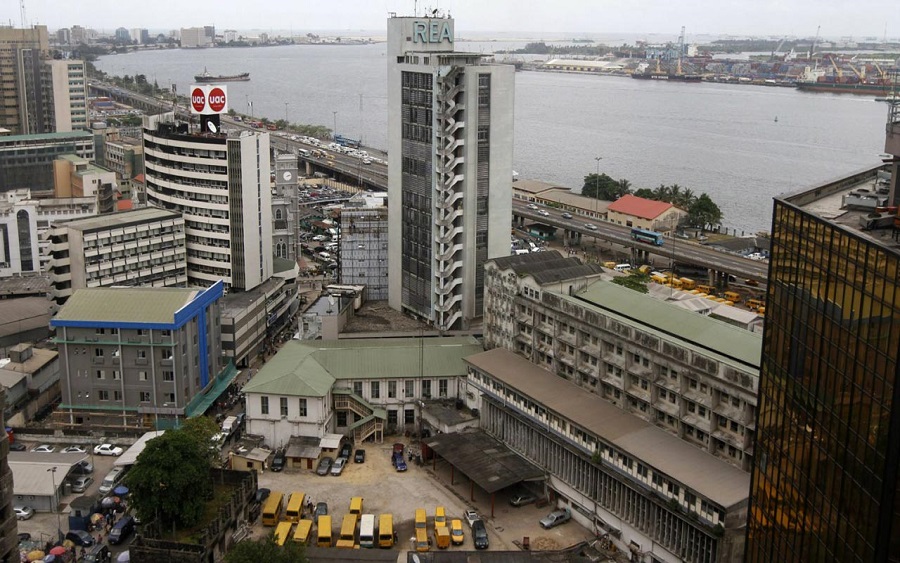According to a recently published report from the World Bank Enterprise Survey, between 2009-2014, about 322 (out of 5,833 firms) organised private companies were forced to shut down operations. Furthermore, the survey pointed out that of the firms sampled, at least 1,136 of them were at risk of shutting down. We reckon that the time period covered by the survey is not recent and covered a period of reasonably strong growth in economic activities. Between 2014 and 2016, Nigeria plunged into a recession, experiencing severe crunch in the FX market which hampered manufacturing and trade.
Accordingly, we think the number of firms that shut down operations within this period would be much more significant. In more recent data, the United Nations Industrial Development Organisation (UNIDO) also stated in 2017 that only 20% of Nigerian SMEs manage to survive.
Although the recently published Ease of Doing Business ranking saw Nigeria climb 15 places to 136th place, this does not appear evident in the daily life of SMEs. Several challenges have been responsible for the increasing mortality rate of Nigerian businesses. The World Bank survey identified obvious factors like Stifling business regulations, Inadequate infrastructure, Tax issues, Access to land, Corruption, Business licensing and Trade registration. In our view, we believe high cost of credit amidst low access and unfavourable trade policies have also hindered the growth and survival of SMEs.
Recently, Sophia Nigeria Limited and Linda Manufacturing Company Limited announced they are currently struggling to survive, a situation that forced them to shut down their major plants in the country and lay off about 6,000 workers. These companies manufacture the once-popular “Xpression” weave-on brand and exported in massive volumes to Europe and America owning a significant market share in the hair accessories market.
However, congestion at the ports amidst poor road infrastructure which prevent early clearing of raw materials has hindered the ability of the companies in meeting up with foreign demand who have now turned to other brands. The story of these companies depicts one of many examples of business giants who have been brought to their knees due to challenging business environment.
[READ MORE: Economy: Still on the border closure]
The poor development of businesses in Nigeria has led to ripple impacts on the Nigerian economy. Low job creation, rising unemployment, rising youth vices and weakening consumer demand are some of the obvious impacts. In our opinion, the future of economic growth and development in Nigeria lies in the private sector, thus we believe the federal government must begin to implement policies that would foster a more accommodating business environment. Some of these policies would obviously revolve around improving land access, clearer business regulations, removal of registration bureaucracies, and curbing corruption in regulatory bodies & judicial system.
Furthermore, Public-Private Partnerships (PPPs) remain the most viable way to solve Nigeria’s infrastructural conundrum. In all, an improved business environment will not only reduce the business risk priced into cost of credit for SMEs, but it would also engender the growth of the private sector.
______________________________________________________________________
CSL STOCKBROKERS LIMITED CSL Stockbrokers,
Member of the Nigerian Stock Exchange,
First City Plaza, 44 Marina,
PO Box 9117,
Lagos State,
NIGERIA.
